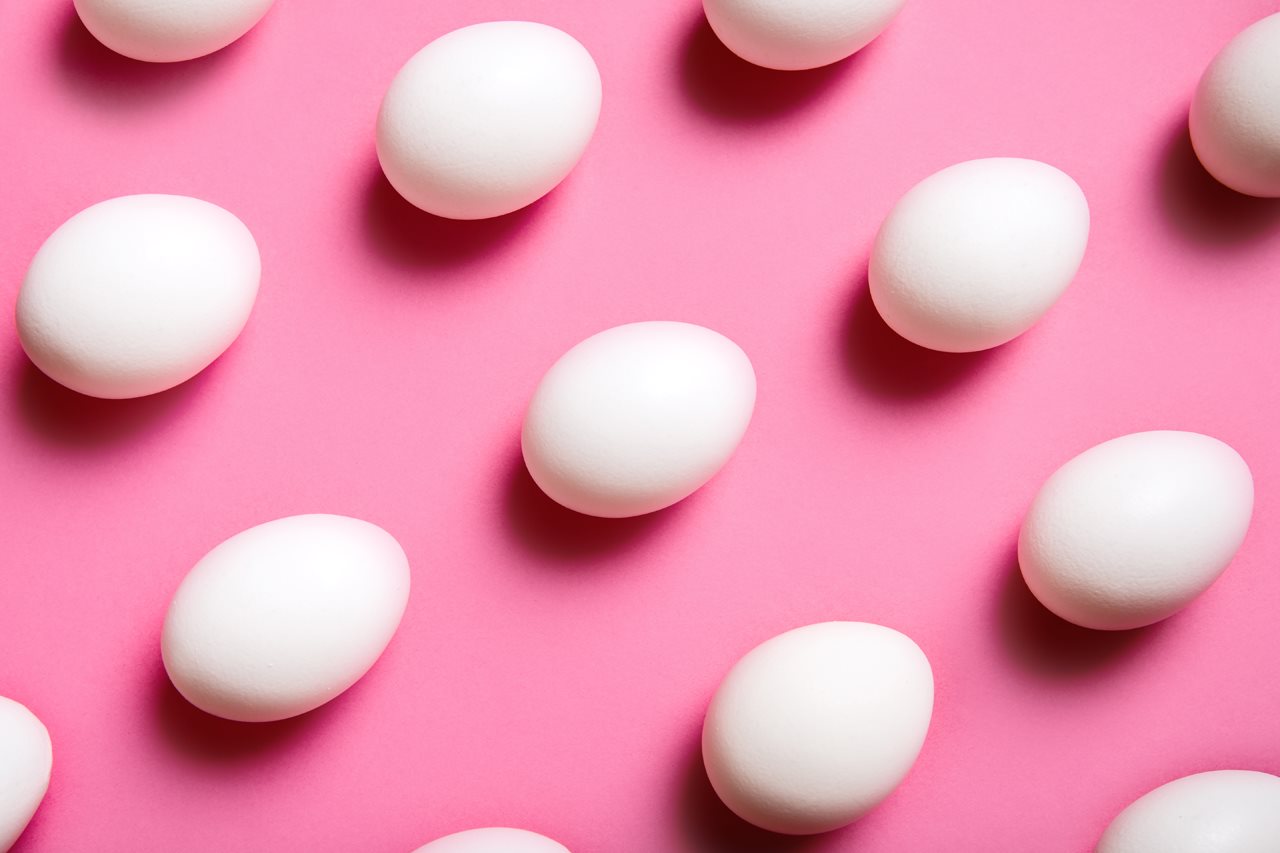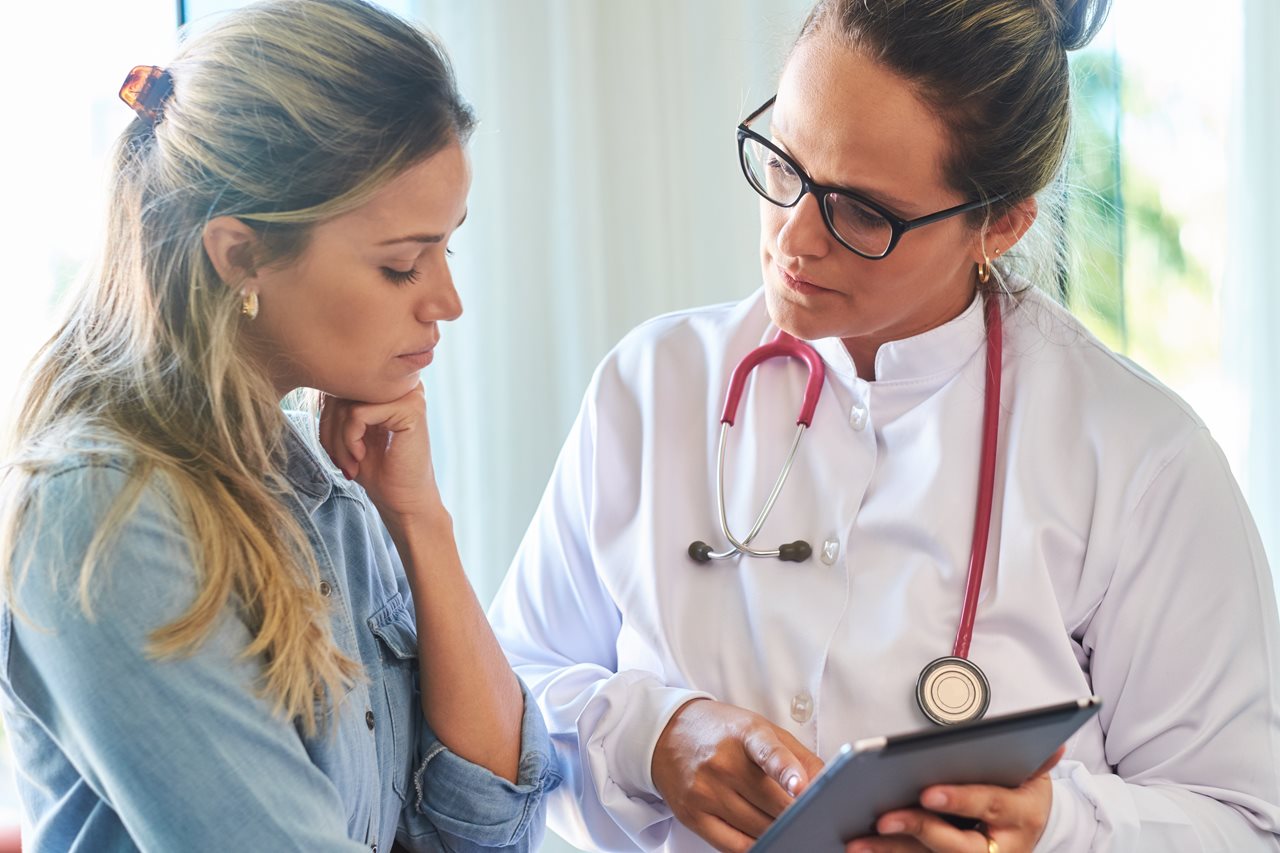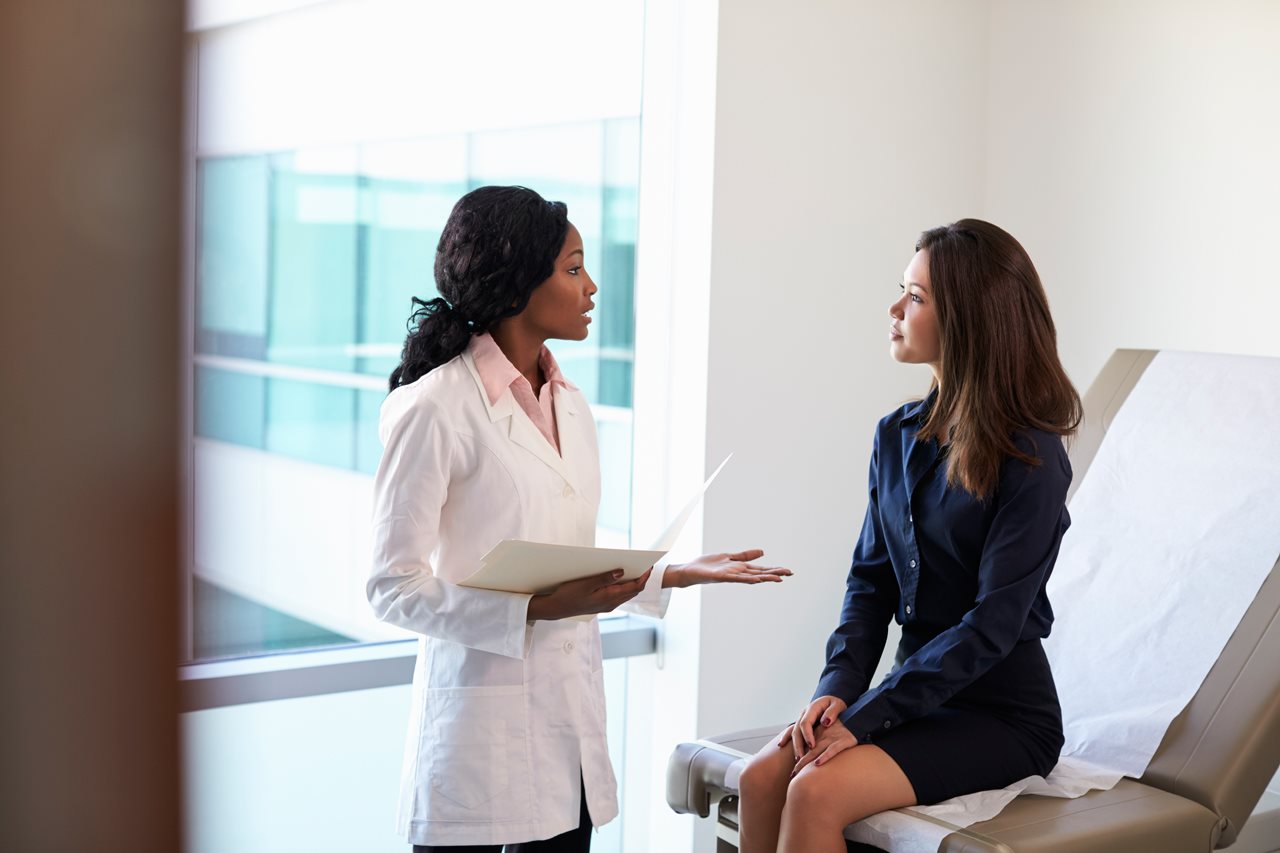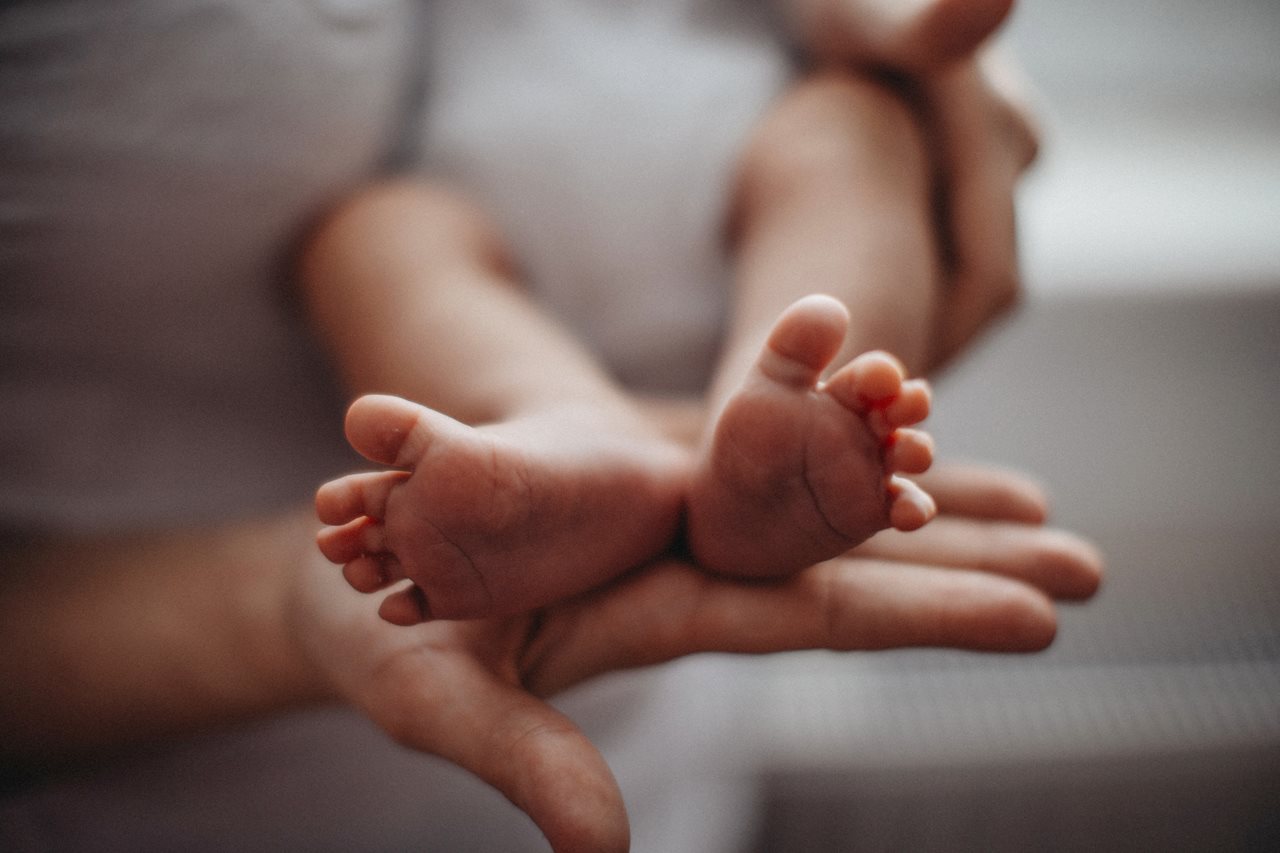Financial News
Top Five Misconceptions About Egg Donation
2018-04-20T16:45:00
(BPT) – As the third largest global epidemic, fertility issues are much more common than people realize — yet very few people are talking about it. With 1 in 8 couples affected by infertility, there’s a growing interest in fertility treatments, including egg freezing and in vitro fertilization (IVF). However, for some individuals and couples struggling with infertility, relying on an egg donor is the only viable path to a healthy baby. Having worked with thousands of patients as a reproductive endocrinologist at CCRM (Colorado Center for Reproductive Medicine), Dr. Aaron K. Styer knows that infertility can be scary and complex — and that there are a lot of unanswered questions surrounding egg donation. In honor of National Infertility Awareness Week, Dr. Styer breaks down the top five misconceptions about egg donation:
Myth #1: If I donate my eggs, I won’t have any left when I’m ready to have my own children.

A woman is typically born with a million eggs, and she gives an average of only 10 to 20 eggs when she donates. A donor has many more eggs than she will ever use.
During each menstrual cycle, a woman’s ovaries produce follicles, fluid-filled sacs that contain immature eggs. Typically, only one follicle develops into a mature egg and is released for ovulation during a menstrual cycle. The remaining follicles collapse and are reabsorbed by the body. The donor receives medication to help her follicles grow and produce mature eggs.
Myth #2: Egg donors are only doing it for the money.

Although the financial compensation is substantial (donors typically receive between $4,000 and $10,000 each cycle depending on the cost of living where they reside), most donors say their motivation quickly becomes much more altruistic and personal. Often, women who choose to donate their eggs have a friend or family member who has experienced infertility and have witnessed firsthand the pain that comes with struggling to conceive. Most donors describe their experience as “the most important thing I have ever done.” Additionally, many donors say they would donate a second time. For example, at CCRM Colorado, 80 percent of egg donors undergo several cycles.
Myth #3: Egg donation is painful.

Women who donate their eggs experience varying degrees of discomfort, but most egg donors do not report that any part of the egg donation process is painful. While an egg donor is taking the medications to prepare for a cycle, some women suggest they feel discomfort. Many describe the symptoms as being similar to the cramping they experience when having their period. The egg retrieval process itself is done while the donor is sedated and the procedure rarely takes more than 20 minutes. Most women report mild discomfort or cramping on the day of the procedure and sometimes into the following day. Over-the-counter pain medications are usually sufficient to treat the discomfort after the procedure.
Myth #4: Only older women need egg donors.

While the quantity and quality of a woman’s eggs decrease as she ages, this isn’t the only reason why an egg donor is needed. There are certain medical conditions that can impact a woman’s ability to conceive a child with her own eggs. For instance, premature ovarian failure (POF) is when a woman’s ovaries cease functioning properly before 40 years of age. Also, some women have damaged ovaries or fallopian tubes following pelvic or abdominal surgery or from conditions such as endometriosis. In the most common cases of patients/couples seeking donor egg IVF, women produce very few eggs during an IVF cycle or have many unsuccessful IVF cycles due to severely reduced egg quality.
Myth #5: I could become responsible for the children that result from my donated eggs.

As an egg donor, you don’t have any rights or responsibilities to any of the offspring created with your eggs. When you are an anonymous egg donor, fertility centers should not share your identity with the egg recipient or their offspring, and the recipient’s information is not shared with the donor.
Dr. Styer is a reproductive endocrinologist, founding partner, and co-medical director of CCRM Boston. He is board certified in obstetrics and gynecology and the subspecialty, reproductive endocrinology and infertility. CCRM is one of the leading fertility centers in the U.S. and Canada.

Stock quotes supplied by Barchart
Quotes delayed at least 20 minutes.
By accessing this page, you agree to the following
Privacy Policy and Terms and Conditions.



